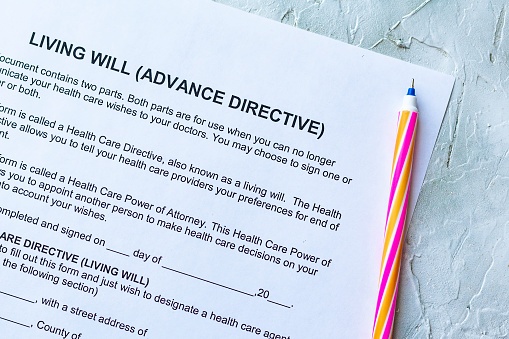Holidays look different in 2020, meaning that many people are taking this opportunity to keep their loved ones updated virtually. It can be difficult to have conversations around estate planning regardless but it might be easier to broach these topics virtually, specifically when it comes to documents around potential incapacity.
Estate planning incorporates a broad array of different concerns about both what can happen during your life as well as after you pass away. Planning for incapacity is an important and often overlooked part of the process.
Many people come to discover the impact of these incapacity documents when it affects someone else in their family. Every person should have incapacity documents that designate an agent who is able to make financial and health care decisions for you if you are not able to make them yourself.
This includes the creation of an advanced directive for health care, which allows you to determine your treatment preferences in the future. In addition to establishing this document and executing it, you’ll want to discuss your wishes with your loved ones and keep any documents used for the estate planning process in a safe place.
Make sure that your loved ones know where to find these documents if and when something happens to you. Incapacity planning is just as much an important part of your estate planning process as designating documents like a will or a trust to manage the distribution of assets after you pass away.
If you have questions about this process and how to align your estate planning strategies and documents, set up a time to speak with a trusted estate planning lawyer.

